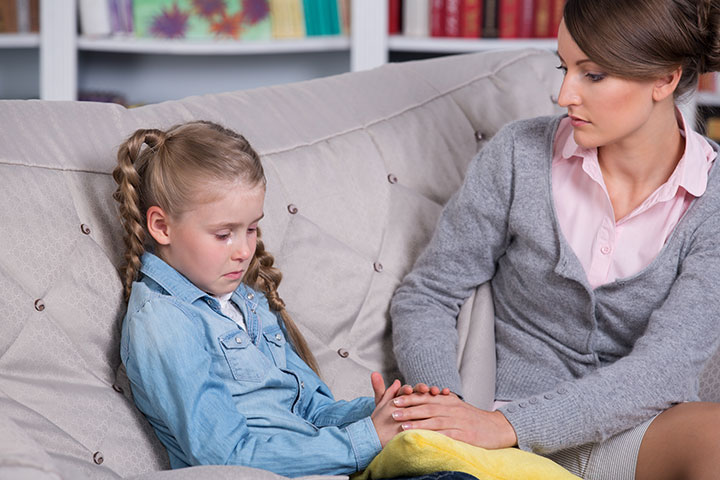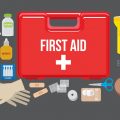As children grow up, they face many challenges in life. They may encounter bullying, stress, grief and other emotional hurdles. It may be difficult to determine if a child can already handle certain situations on their own or if he or she needs the help of an expert.
Parents may take a while before deciding to seek therapy for their child. When a child breaks their arm they are usually rushed to a hospital, but when a child experiences anxiety or depression they may not be rushed as quickly to seek medical attention as these feelings may not be as easily detected. Here are some tips to help parents identify the signs that their child is struggling and when they need to seek the help of an experienced child psychologist.
He/She has a hard time at home and in school with peers. When your child is having a difficult time dealing with his emotions, it could manifest itself in the way he/she deals with the people around him/her. For example, talking back to the parents and teacher, hitting classmates or siblings, and not listening to instructors sometimes means they’re going through something.
The child suddenly distances himself/herself from peers. Children usually enjoy the company of a large group of friends and their friendships usually change over time. However, if your kid isolates himself from the rest, that is a red flag. A child who suddenly avoids being around his usual peer group is not a good sign, so be wary with that kind of behavior.
Your child shows regressive behavior. Children have the tendency to regress when there are major changes in their lives. Examples of these changes are divorce, the birth of a new baby, or a move. Behaviors like clinginess, whining, fear, bedwetting and tantrums that are out of the ordinary may also be red flags.
Change in sleeping habits and appetite. Watch out for symptoms like an erratic change in appetite (eating too much or too little), having trouble falling asleep, frequent nightmares, and unwarranted headaches and stomachaches.
Self-destructive behavior. If your child starts to inflict physical harm upon himself/herself, there is obviously something wrong. Digging nails into the skin, banging his head on the wall, and cutting are examples of self-destructive behavior.
The child often talks about death. Children are curious beings so it’s normal to ask about or worry about death or dying. However, repeatedly talking about it is not a good sign. Be cautious of statements relating to killing others and suicidal tendencies.
As a parent, you know your child best. So, trust your instinct when you feel something is not right with your child. Consult an experienced child psychologist right away to address these symptoms.






























No Comments
Leave a comment Cancel